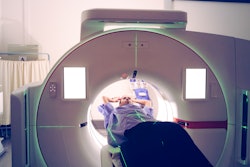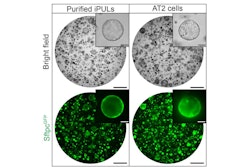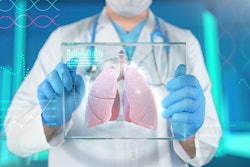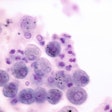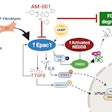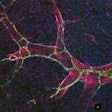
New research found there is not a link between preprocedural fasting and witnessed pulmonary aspiration. This conclusion suggests a fasting regimen may not be necessary for patients prior to undergoing surgery.
The study, “No Association Between Preprocedural Fasting and Witnessed Pulmonary Aspiration: A Systematic Review and Meta-Analysis,” was published in the journal, Surgery.
According to the study’s authors, preprocedural fasting regimens have been orthodox in preoperative care for nearly 80 years. Although there have been a multitude of studies assessing the effects of fasting on surgical outcomes, few have examined pulmonary aspiration as the primary outcome.
Lead author Stephanie Lam, DO, MS, from the UCLA School of Medicine in Los Angeles, said she and her colleagues analyzed 17 randomized clinical trials, nine of which included aspiration events and their outcomes, between 2016 and 2023. Clinical aspiration was the primary outcome and gastric volume and pH were the secondary outcomes.
The research team determined that the assortment of preprocedural fasting regimens did not impact clinical aspiration, with an odds ratio of 1:17 for aspiration events (95% confidence interval, 0.32 to 4.23). Rare events of aspiration occurred — four of 801 patients in experimental groups and seven of 990 patients in control groups (incidence, 0.50 and 0.71, respectively). Also of note, researchers found that while most studies reported surrogate outcomes of gastric volume and/or pH for aspiration, these did not correlate with human anesthesia-related aspiration.
“Fasting for long periods of time is extremely uncomfortable, and patients really don’t like to do it. Our research suggests that long periods of fasting may not be necessary,” said senior author Edward H. Livingston, MD, also from the UCLA School of Medicine, in a statement.
The authors concluded: “Further study of more liberal fasting policies is unlikely to find an association.” They also suggested, “Preprocedural fasting might be replaced by bedside gastric ultrasound examination of gastric volume.”






